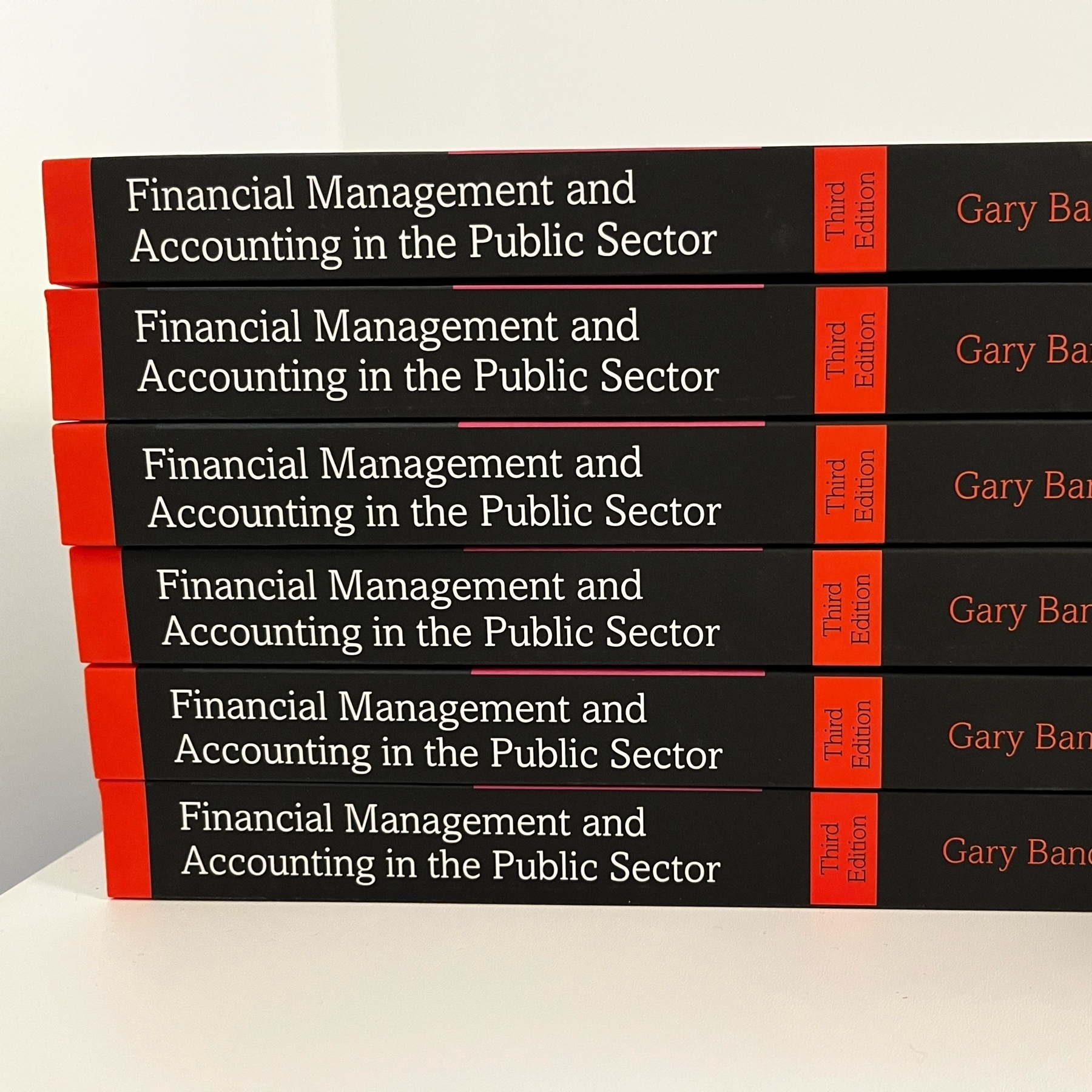Four ways to improve writing
If (when?) you identify that there is room for improvement in your writing, what should you do?
I help accountants and auditors turn insights into impact by improving their business writing.
If (when?) you identify that there is room for improvement in your writing, what should you do?
I’ve been creating a bento.me page. Check out bento.me/garybandy
Writers get better through practice but they are also encouraged to read as much as they can, to learn from others. I think accountants who want to improve their writing skills should heed this advice. Read finance reports and documents from inside and outside your organisation with a sense of curiosity. If you read something that seems to be very effective, ask yourself how does it differs from what you would write?
You’ve been writing since before you can remember. You’re better at writing now than you were in high school. No one complains about what you write. There’s nothing you need to learn to get your job done. Or is there? Here are five reasons why you might want to improve your writing. 1️⃣ You’re too busy and need to find a way to save time 2️⃣ You’re wasting your clients’ and colleagues’ time
The accountant who gets the promotion, isn’t the one with the insight but the one who can explain the insight.
That’s why you need to invest in your verbal and written communication skills.
Today is publication day for the new edition of Financial Management and Accounting in the Public Sector. To go with it I have created a set of pages on my website with links to further reading, videos, audio and other resources.
Once your report has the right words in the right order you still need to check it for mistakes. This requires a close-reading of the text and it can be difficult to see mistakes when you are so familiar with the text. Here are three simple ways that can help you spot mistakes. 1️⃣ Change the colour, font and/or size of the text. If you have used a serif font try changing to a sans-serif or fixed width font.
Internal audit reports have not changed much since I wrote my first one in 1987. The technology has changed but not the content or structure. I wrote my first audit reports in the 1980s by hand and they were then copied by a typist before being sent to the client. Modern technology hasn’t done much more than remove the typist from the process. But they don’t have to be a mass of text with the occasional table.
Over the last 2 months I have been writing a diary on the PFM Board managed by Mauro Napodano. My diary describes the process of writing my book from a casual conversation about the original idea in 2008 all the way through to writing the third edition that will be published next week.
The final entry includes the opportunity to win a free signed paperback copy of the new edition. Go there to read the diary and enter the draw.

Finance reports are not crime novels so don’t write them as if they are! Whether writing an email or a 20-page report we tend to think of it needing a beginning, middle and end. This encourages a structure along the lines of: Here’s a problem ==> This is the cause ==> These are possible solutions ==> Analysis of solutions ==> Recommended solution The problem with this kind of structure, for busy people at work, is that the important bit is at the end.